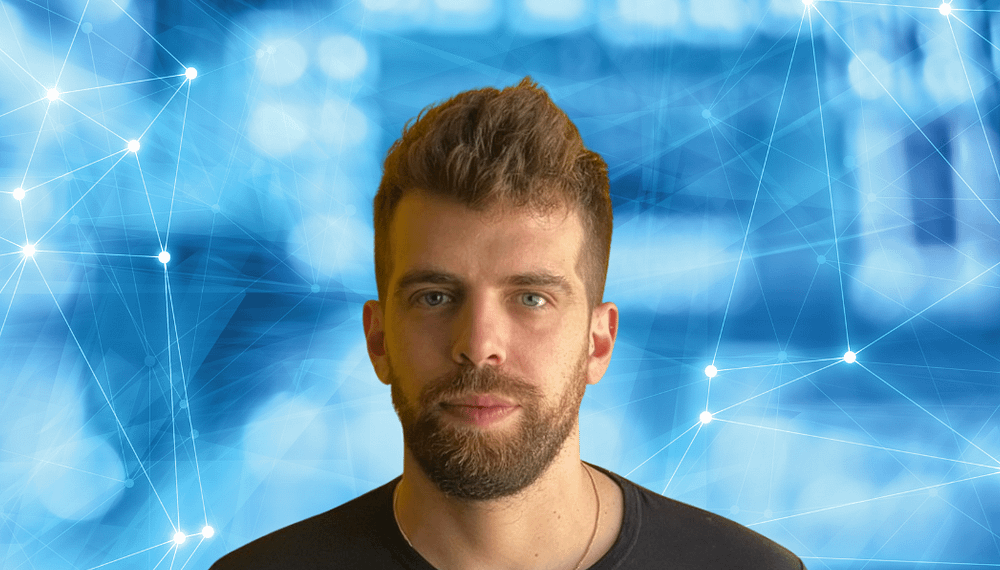Alon Lev is Co-Founder & CEO of Qwak, a platform that removes the engineering friction from machine learning while allowing fast iterations, high scale and customizable infrastructure.
When did you first become interested in machine learning?
My first significant Machine Learning experience was back when I was building the BI team at Payoneer around seven years ago. I realized that becoming a data-driven organization requires very specific processes and tools. Machine Learning, which today is part of every data-driven company strategy, was at its early stages back then.
Could you discuss your previous role at Payoneer and how it enabled you to see how machine learning was growing in importance?
In my role at Payoneer as VP data, I was in charge of all of the data aspects of the company, from analytics, bi, data engineering & data science. The wow moment I had with data science was when we built the entire credit product base on machine learning. It performed amazingly from the very beginning; at that moment, I realized that machine learning could improve not only existing business lines but also create new businesses and products.
What were some of the machine learning challenges that you witnessed?
Definitely, in the production part of ML, data owners and engineers already have a lot on their plate- managing a production-grade infrastructure that will allow us to productize ML was always a huge challenge that “killed” many of our projects.
How does the Qwak platform remove the engineering friction from machine learning?
Qwak is all about taking the groundwork from the ML engineers and allowing them to focus on creating business value.
Ran Romano ( co-founder and VP R&D) had the exact same experience during his time leading the MLops department at Wix. Nowadays, his main focus is on tackling these challenges via our platform and making the process of productizing ML models faster, more efficient, and seamless. Our goal is to make ML engineers and data scientists’ lives easier and much more impactful so that fluent machine learning deliveries become a reality for companies rather than a wish list item.
Why is this a perfect solution for companies that want more machine learning throughput, but have a scarcity of data scientists and machine learning engineers?
We don’t claim that we understand your business or your data, but we have tons of experience when it comes to infrastructure; Our mission is clear; We want to help excellent Data Science and Machine learning engineering teams to build amazing products. We are not interfering with model logic but rather we focus on what we do best, namely the infrastructure.
What currently differentiates Qwak from competing machine learning solutions?
We are all about helping strong teams to offload the groundwork and streamline the entire process of ML productization, Qwak delivers and believes in a horizontal approach to solve the MLOps challenges – meaning we didn’t build the platform only around model registry/serving or feature store and automation, we actually think you need them all in one place in order to scale up your ML infrastructure.
Could you discuss how Qwak supports machine learning models feedback tracking and why this is important?
Feedback tracking is one of the very first things we’ve built in Qwak, as we see it as a coherent part of the production life cycle. Qwak exposes a feedback API that allows automating the feedback reporting process.
Is there anything else that you would like to share about Qwak?
We have an amazing team of experienced engineers and leaders in space. With vast experience in the “trenches” of machine learning engineering, we know what needs to be done and we’re just getting started 🙂
Thank you for the great interview, readers who wish to learn more should visit Qwak.
Credit: Source link




















